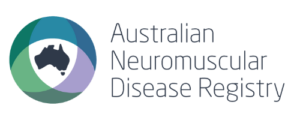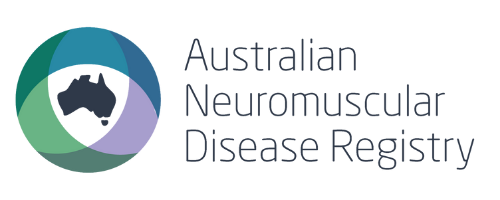The Daniel Ferguson Foundation aims to:
Broaden the services for which government funding support is provided to reflect the needs of LGMD.
Inform health insurance funds of the need to understand the special services required for those with LGMD.
Offer peer support networks to those with LGMD and families of young patients who have been recently diagnosed with the condition.
Put community members in touch with each other, offer meetings and establish social media networks to encourage mutual support.
Improve access to support services including encouraging equipment providers to design equipment to meet the special needs of those living with LGMD.
Genetic screening for LGMD is a critically important part of the diagnosis of the disease and those living with or suspected of having LGMD, as well as those with a family history of LGMD diseases, are strongly encouraged to be genetically tested.
While a blood or saliva test is able to diagnose LGMD, a blood test is the most accurate and can be ordered by a clinician or a genetic counsellor. A prompt and accurate diagnosis will allow a patient and their clinician to explore clinical trials and other treatments that may benefit the patient.
Two approaches to genetic screening for LGMD are Carrier Screening and Newborn Screening.
Carrier screening of couples who are either planning to have children or are in the early stages of pregnancy, provides them with necessary information about the likelihood of giving birth to a child with a severely debilitating and/or life-limiting genetic condition.
Newborn screening is also a very important diagnosis tool for LGMD diseases. Diagnosis of neuromuscular diseases typically takes place at ages from around 5 years or older (in many cases much older) when the symptoms become noticeable. A diagnosis at the time of birth means that parents are aware of the risk of giving birth to additional children with a genetic condition. It also allows treatment to be started right away with beneficial consequences for the child.

Australian Neuromuscular Disease Registry
Register Here
Better access to funding, government, support agencies, researchers, equipment manufacturers. Improved sensitivity to the needs of those with the disorder by employers, service providers and government agencies.
Improved quality of life for those with the disorder as well as their families through increased mobility, greater ability to work in a wider range of jobs, better access to lifestyle facilities and reduced dependence on others.
Featured Foundation Supporters and Partners




